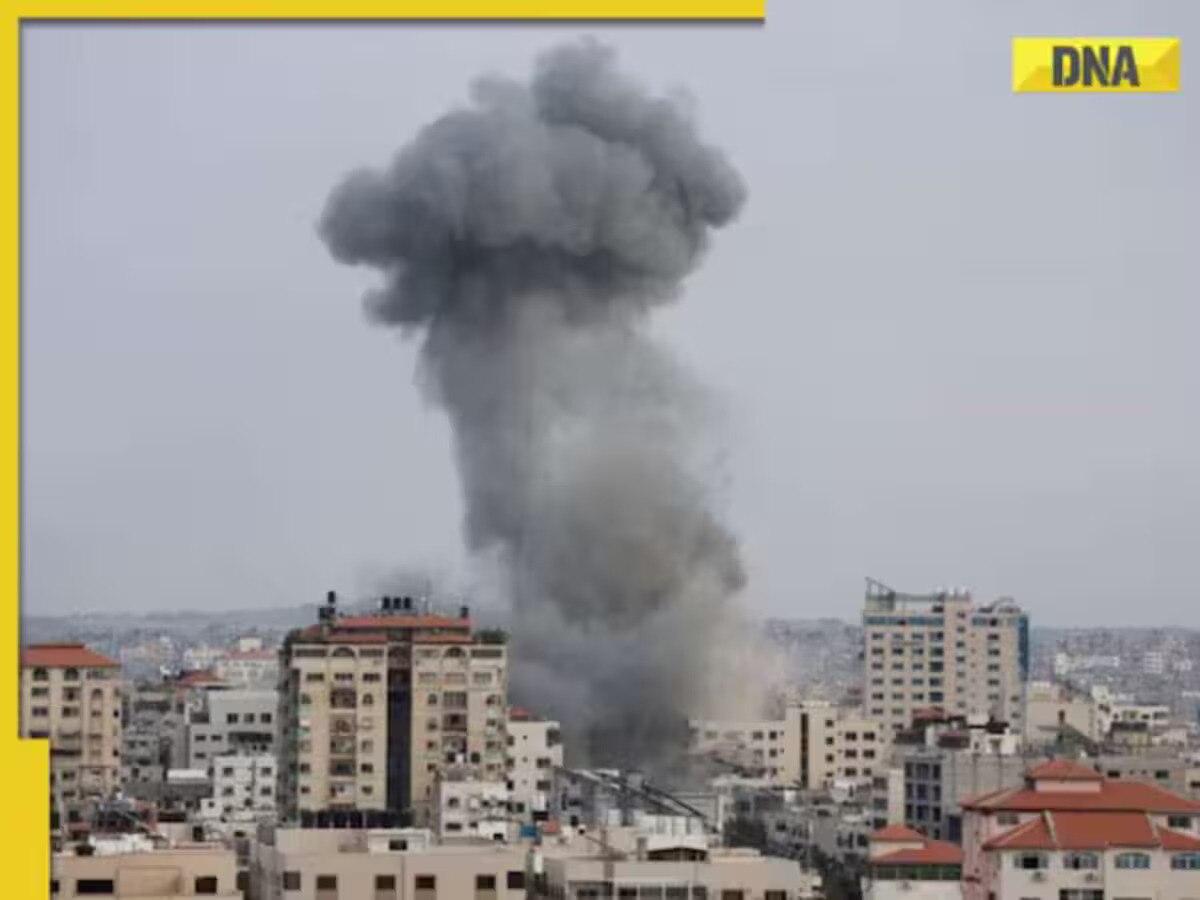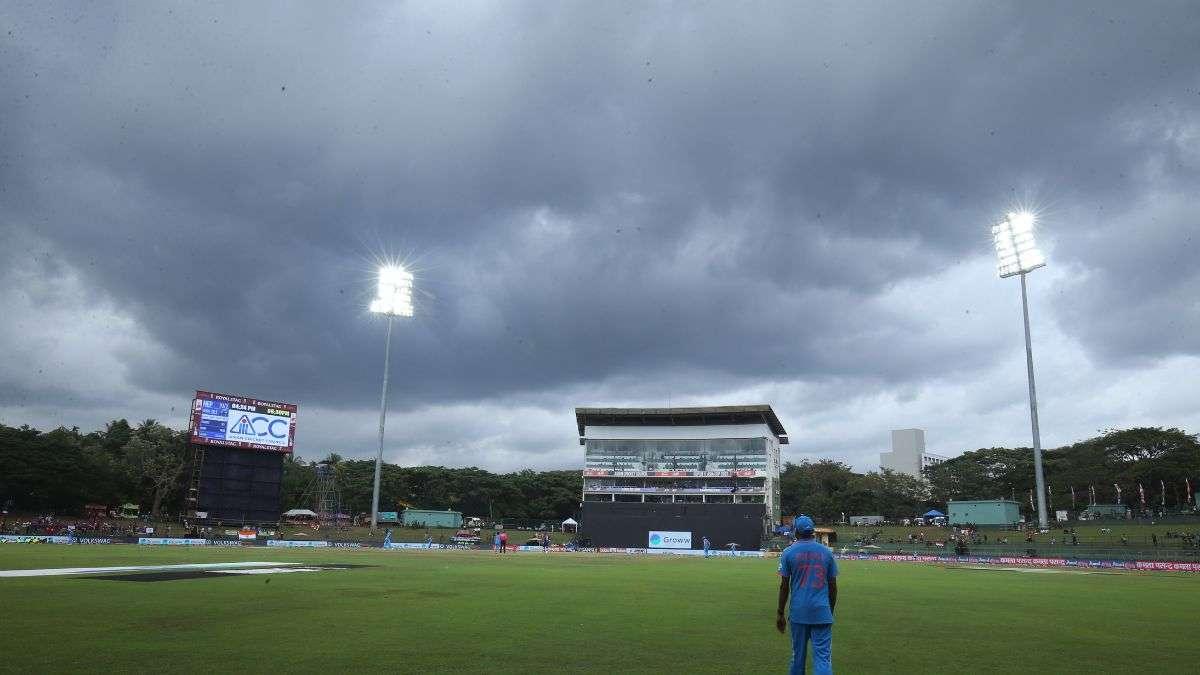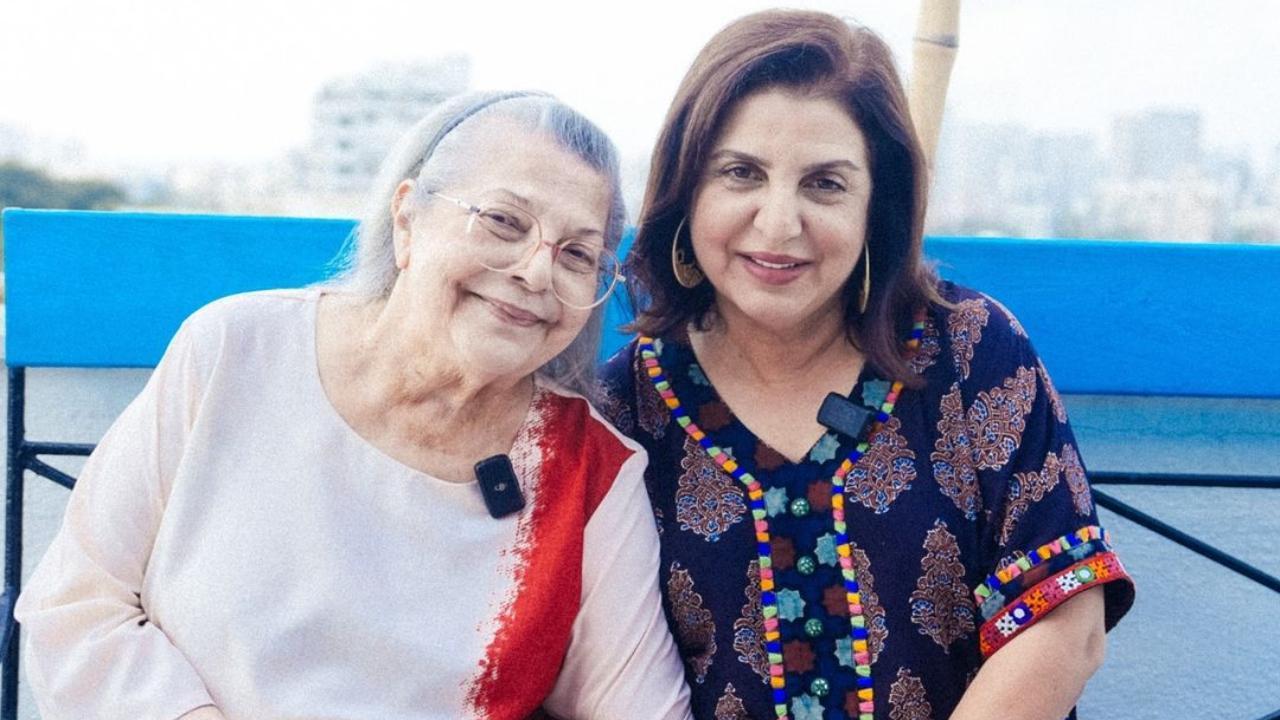
In a dramatic intensification of the ongoing conflict, Israel announced on Thursday, May 30, that its forces had seized control of a buffer zone along the border between the Palestinian territory of Gaza and Egypt. This move followed a fierce offensive on Rafah, which effectively cemented Israel’s authority over Gaza’s entire land frontier. According to Israeli officials, the seizure of the buffer zone was critical in obstructing a pathway that Hamas had been using to transport weapons into Gaza.
The situation in Rafah deteriorated further when an Israeli air strike killed 12 Palestinians who were attempting to retrieve the body of a civilian caught in the center of the city. Medical sources in Gaza reported the tragic incident, which only highlighted the dire human cost of the ongoing conflict. Elsewhere in the coastal enclave, combat continued to rage unabated. One Palestinian was reported dead in the Shati refugee camp, located in the northern region of Gaza, after another airstrike.
Amid this escalating violence, Palestinian telecommunications company Jawwal issued a statement revealing that the ongoing aggression had disrupted communication services in Rafah. The blackout has only added to the isolation and desperation faced by residents of the beleaguered city.
On Tuesday, May 28, the United States, a staunch ally of Israel, reiterated its opposition to a major ground offensive in Rafah. However, U.S. officials denied claims that such an operation was already in progress. Despite vocal global outrage and threats from humanitarian organizations and the United Nations, Israel has vowed to continue its military campaign.
The humanitarian consequences of the conflict are becoming increasingly severe. As the assault intensifies and humanitarian aid deliveries dwindle to a mere trickle, malnutrition has become widespread in Gaza. The United Nations has issued a stark warning about a looming famine that could further devastate the already dire living conditions of Gaza’s residents.
Hamas, the ruling organization in Gaza, has hardened its stance amid the escalating conflict. The group has communicated to mediators that it will not enter into any indirect negotiations while the aggression persists. However, Hamas has expressed its willingness to reach a “complete agreement” involving the exchange of hostages and prisoners if Israel ceases its military actions in Gaza.
.
Key mediators, including Qatar, Egypt, and the United States, have repeatedly postponed truce talks between Israel and Hamas. Each side blames the other for the lack of progress. On Thursday, May 30, Hamas released a statement condemning Israel’s continued offensive on Rafah, despite an International Court of Justice (ICJ) order to halt operations. Hamas claimed that it had approached each round of negotiations with a “positive” attitude and had shown flexibility, citing a May 6 agreement that had been facilitated by a mediator shortly after Israel launched its ground offensive in Rafah.
In light of the aggression, siege, starvation, and perceived attempts at genocide, Hamas declared that it and the Palestinian factions could not continue ceasefire negotiations under current conditions. They stated that they are prepared to negotiate a comprehensive exchange deal if Israeli forces end their aggression and war against the people of Gaza.
Significant issues have arisen during previous negotiations. Hamas has consistently insisted that any agreement must ensure a permanent ceasefire, the unhindered return of displaced families, and a complete Israeli withdrawal from Gaza. On the other hand, Israel, which has declared its intent to overthrow Hamas in Gaza, has rejected these demands as “unacceptable.” It asserts that its offensive in Rafah aims primarily to rescue hostages and eliminate Hamas combatants within the city.
This newest phase of the conflict traces back to October 7, 2023, when Hamas militants launched an attack on southern Israel. This assault resulted in the capture of over 240 individuals and the deaths of at least 1,139 others. In response, Israel began its offensive on Gaza, which has since resulted in the deaths of over 36,000 Palestinians, according to health officials. The conflict has displaced the vast majority of the Gaza Strip’s residents and reduced much of the territory to ruins.
In November 2023, a preliminary round of negotiations between Israel and Hamas led to the exchange of roughly 100 detainees for Palestinians held in Israeli jails. However, subsequent discussions have largely stalled.
Al Jazeera’s reporting from Deir el-Balah presents a bleak and heartrending scenario for Gazan residents, who find themselves with diminishing hope. A report from Al-Aqsa Hospital unveils a distressing situation, where displaced individuals, some up to seven or eight times since the conflict began, struggle daily to protect their children from relentless airstrikes. The Gaza Strip has been without medical supplies for the past three weeks, leading to a near-total collapse of its healthcare system.
As the conflict rages on with no end in sight, the humanitarian crisis in Gaza continues to deepen, leaving its citizens in a state of despair and the international community grappling with how to respond effectively to the unfolding catastrophe.










